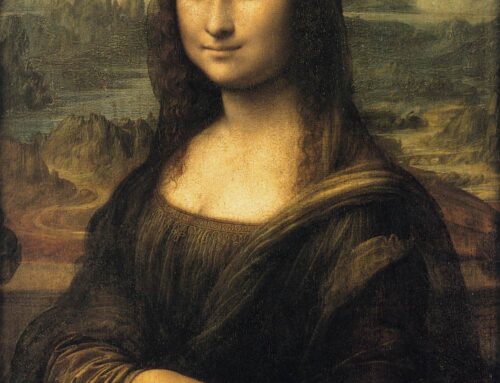The humanities in medical school: a new report stresses their needed integration. From the report:
Now more than ever, physicians must learn to interweave their developing scientifc knowledge with emotional intelligence, critical thinking skills, and an understanding of social context. The integration of the arts and humanities into medicine and medical education may be essential to educating a physician workforce that can efectively contribute to optimal health care outcomes for patients and communities.
The AAMC believes the arts and the humanities can play a unique and unrealized role in preparing and equipping physicians for 21st-century challenges. Specifcally, we propose the following recommendations for the academic medicine community:
- Assert that the practice of medicine is an art as well as a science, requiring a grounding in humanistic values, principles, and skills, including a deep understanding of the human condition.
- Create more efective arts and humanities integrative models for competency-based teaching and learning in medicine.
- Enhance the research and evaluation of courses and programs that integrate the arts and humanities into medical education and continuing professional development. Such research and evaluation should include measuring learner outcomes beyond satisfaction with the course or program and should follow sound scholarly practices.
- Design approaches to enhancing trainee and physician well-being that integrate the arts and humanities into medicine.
- Increase collaboration among scholars of higher education, medical professionals, arts organizations, creative arts therapists, artists, humanities scholars, learners, and patients.
- Provide professional development oferings that enhance faculties’ capacity to design curricula and facilitate the use of models that integrate the arts, humanities, and medicine in training.
- Investigate efective integrative pedagogical practices and recognize an expansive view of scholarship in academic promotion and tenure processes.
For other posts on medical humanities, see here.









Leave A Comment